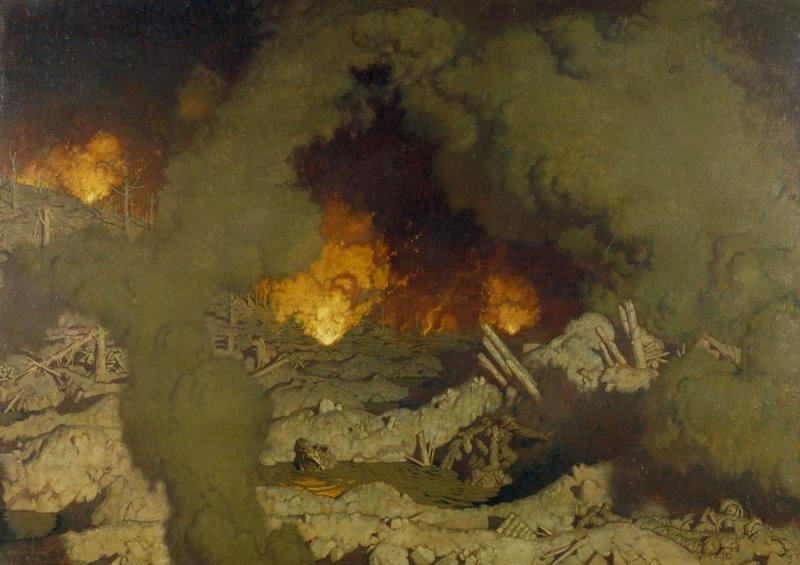Reason why French lost so quickly was that they tried to fight the war like it was still 1918. For example while French tanks were otherwise superior to German tanks they didn't usually have radios that made communication between units very slow and gave huge handicap to germans.
I'd say the reason they lost so quickly was because of a spectacular gamble by the German high command that resulted in a large portion of the best French formations being pocketed in the low countries. The French deployed their strategic reserve north instead of keeping it behind, in an attempt to link up with the Dutch. If the 7th army smashed into the side of the
schwerpunkt, or even just managed to prevent a breakthrough, it's entirely possible that the Germans lose the war within 2 years without even involving the Russians. They might try to pounce at the last minute to get in on the action anyway, of course.
Without the resources, labour, machinery of the conquered Western provinces, with the Italians unwilling to commit to an attack if the Germans seem to be losing, the Commonwealth mobilising, the British raising new formations, and US war materials flooding into the continent in 1941, things look grim for the thousand year Reich.
Holy shit. How did I not know about this!??? Of course, being in the UK he's celebrated as one of the greatest Briton's to have ever lived, so yeah, utterly terribly qualities about a "hero" would be suppressed.
It's almost like, it took an even bigger bastard to appear to make him appear to look like a hero.
It's not suppressed, it's disputed, you can find all sorts of sources saying wildly varying things. Some sources claim the British deliberately exported food and didn't care about starvation, some claim that the British burned food stocks of starving Bengalis, while others paint a more complicated picture.
India-wide food production was unusually low that year, but it actually was clear neither to the people at the time or to historians today what the levels of production were because the accuracy of production statistics could be favourably described as poor. Trade barriers were voted into existence in 1942 by local Indian governments (under powers granted to them by the British which gave them more autonomy in the '30s), which they then refused to repeal in 1943 which blocked trade from the surplus areas to the famine areas. The easy access routes to Bengal itself were problematic, since the up-river trade was how most of it came in, and many of these boats had been removed or requisitioned because of the imminent Japanese invasion. The only easy way in was rail lines, which were used, and some food deliveries were recorded in the period, but not enough came in. Direct resupply via the ocean was "technically" possible, but for reference, the Japanese Navy was like 70 miles from Calcutta in the time period we're talking about.
I've seen Indian nationalist sources say that Churchill personally was responsible for 7 million deaths in Bengal, thus making him
worse than Hitler. Other estimates put the death toll at 1.5 million. Others at anywhere between that and 4 million. Real talk answer here is I don't fucking know who is to blame exactly for what and who could have done more. It wasn't the only Indian famine in Bengal in WWII, but the one in 40-41 got dealt with fairly well. It kind of paints a different narrative in the full context, I don't think Churchill is personally to blame, at least not directly in terms of him being able to stop it but consciously, maliciously unwilling.

